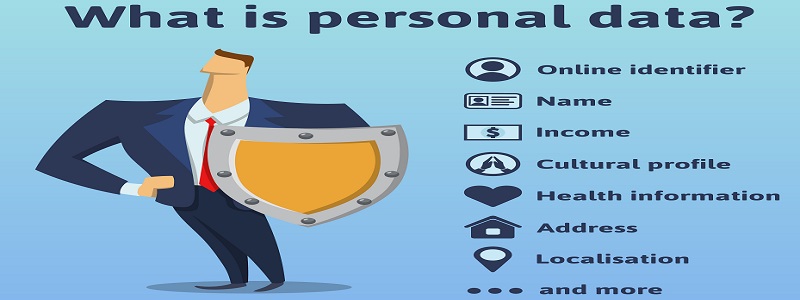
There’s been much debate over how social media platforms gather user information and use it for marketing purposes. However, it is not just the social media websites, but internet users are sharing their personal information out in several other ways. One that catches my attention is – websites offering free software download.
There are numerous websites that ask users to register before they get access to a software download for free. The registration process usually ask for details like name, email, date of birth, gender, phone number and nationality, etc. Once the user enters these details, he/she is given access to free software. So all in all, one is exchanging their sensitive information for getting free software.

But, is it really worth?
Well, to most of the online users it hardly seems to be a matter of concern. But digging deep down, you will find that your personal information is being used by numerous companies for business marketing and much more.
How?
Well, if you also have given your personal data in exchange for some free software, then it’s time to take a look at your email inbox. Scroll it and you will realize the amount of promotional emails that land to your inbox in a day. This happens because you shared your email id which was then forwarded to marketers who use it for sending promotional content.
What’s the harm?
Besides all the clutter that happens to your inbox, the risk that comes along is that of being attacked by cyber criminals. Phishing scams are the number one attack method used to target victims via emails.
Suppose you open up an email that asks you for payment confirmation for your order. Now you click an attachment in the mail to see the invoice, but instead it opens up a blank word document. Or sometimes the mail body entices you to visit a given URL which asks you to login using your net banking credentials. So what here happened it that the email you received is a phishing email that aims that installing malware onto your system or steal your net banking credentials.
How to Stay Safe from Phishing Attacks?
There are several tips to follow in order to stay protected from phishing scams.
- Avoid clicking random links and attachments that come via email
- Install an anti-phishing toolbar on your device
- Whenever browsing a website, check the website’s security first
- Regularly install software updates on your device and browser
- Never give out your personal information online
So, what you think of as a promotional email offering lucrative discounts can turn out to be content laced with malware. It is better to opt for safer options like websites that offer paid software and do not demand your personal information. Make sure you choose a reliable and reputable name for downloading software. To know more about phishing scams, you can read our article on Different Types of Phishing Attacks : How Victims are Trapped?
- RaaS : The Dark Side of SaaS
- Hackers Target MOVEit Transfer’s Zero-Day Vulnerability, Emergency Patch Deployed
- How Scammers Are Utilizing ChatGPT? Few Tips To Be Safe
- World Backup Day: Why Data Backups are Important in Cybersecurity
- What is Social Engineering and How Cyber Criminals Use It
- Things To Know About Personally Identifiable Information (PII)
- What is Data Breach? Why and How It occurs? How To Prevent Data Breach


